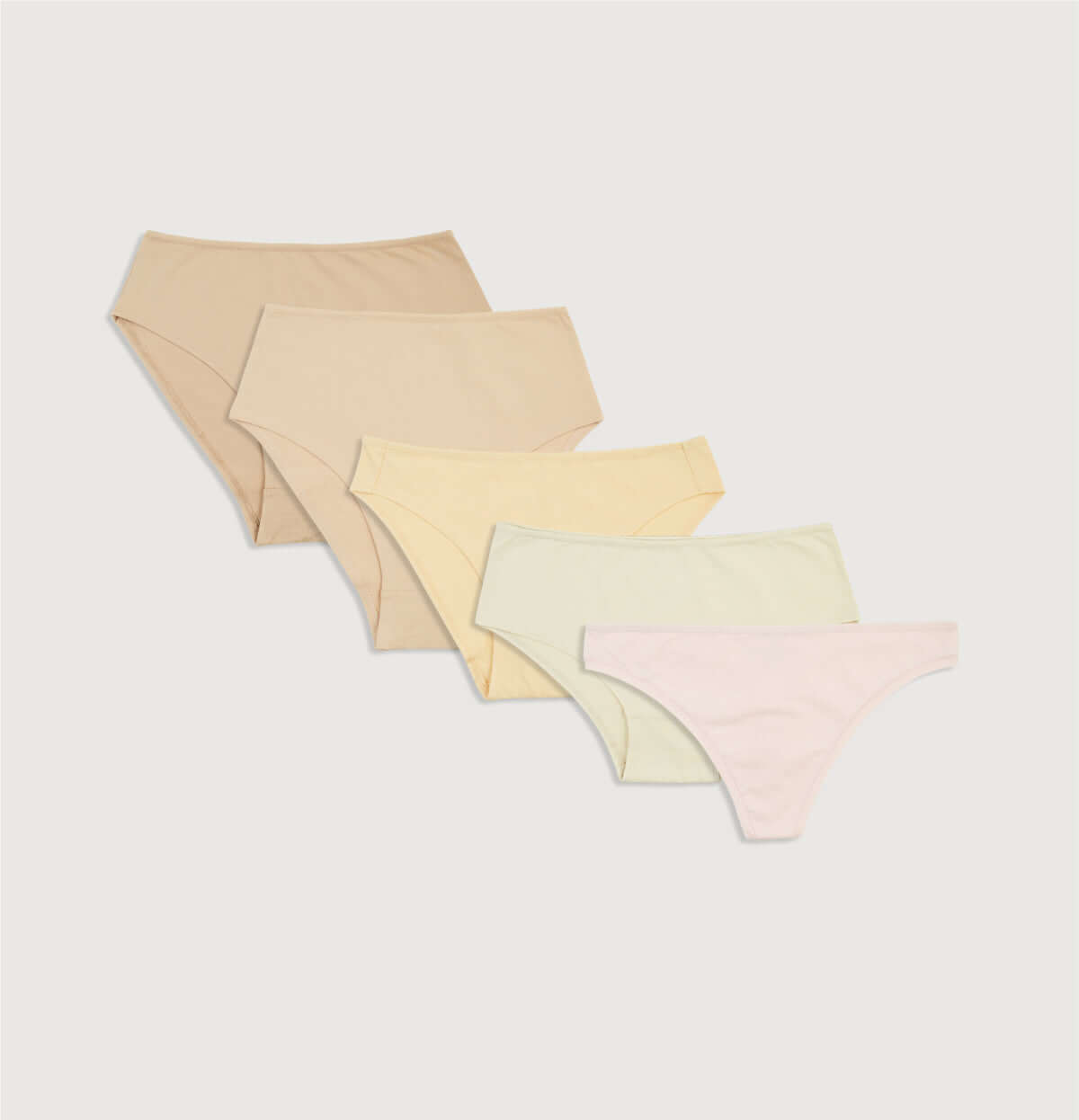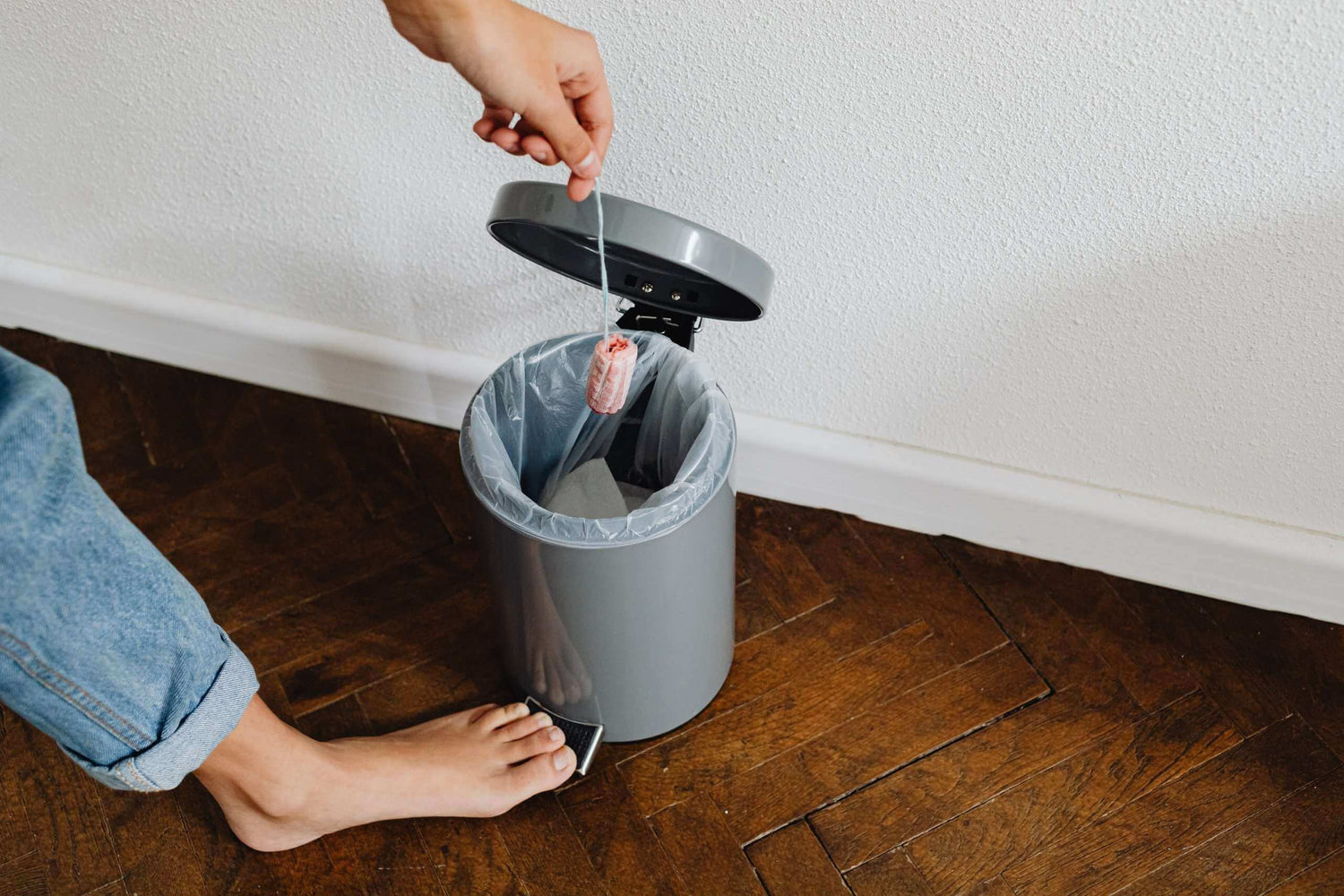Contrary to what we are used to thinking, disposable hygiene products cause enormous environmental damage and even affect our health. The use of these products, which include tampons and pads, has a health, economic and environmental price that we all ultimately have to pay.
Why are tampons and pads harmful to our health?
Most feminine hygiene products contain toxic substances that come into direct contact with our vaginas and affect our health over time. For example, perfumes used in products to neutralize odors actually cause many women to have allergic reactions, infections, and sensitivities. Bleached cotton, from which tampons are made, may contain pesticide residues. In addition, tampons also disrupt the natural balance of the vagina because they absorb about 30% of its natural moisture.
What is the connection between our cycle and environmental pollution?
The average woman will throw away about 10,000 feminine hygiene products in her lifetime. This is billions of feminine hygiene products that find their way into landfills and sewage systems around the world on a daily basis and make a significant contribution to greenhouse gas emissions and environmental pollution. Most of the conductors used by women who use tampons will eventually be discharged directly into rivers and oceans. The plastic they are made of breaks down into small pieces, called microplastics, which harm vital ecosystems and even enter the food chain. The decomposition time of many disposable hygiene products is about 500 years or more.
And what about the financial cost?
The average woman has a monthly period for about 40 years throughout her reproductive years (ages 12-52). During this time, she will purchase disposable hygiene products for an average of NIS 22,513. Many women even report that their period affects their ability to work and they are forced to be absent from work. Treatment for side effects caused by menstruation also costs quite a bit, and many women purchase cosmetic products to treat acne, painkillers, complementary therapies, birth control pills that help relieve menstrual pain , and of course, chocolate 😉
Why are our underwear the perfect ecological solution?
Our underwear is made from micro-modal fabric, considered one of the most ecological fabrics on the market today, it is lightweight, breathable and does not shrink. Micro-modal is a fabric made from beech wood chips, a self-renewable resource that does not require much irrigation. Using recycled underwear prevents the disposal of disposable hygiene products that contain plastic and pollute the soil, and saves on the high monthly expense associated with it.






